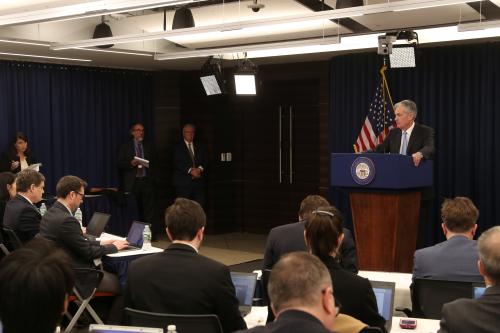The Brookings Institution is committed to quality, independence, and impact.
We are supported by a diverse array of funders. In line with our values and policies, each Brookings publication represents the sole views of its author(s).

Research
BPEA | 1980 No. 11980, No. 1
THE BROOKINGS PANEL on Economic Activity for the past ten years has mirrored much of the exciting theory and empirical work in open-economy macroeconomics. In the spirit of Brookings, the papers have explored what issues openness raises for macroeconomic management. The range of interestsh as been quite broad, beginning with William Branson’s “new view of international capital movements” and including Marina Whitman’s dismissal of “global monetarism” and many of the topics of the day from trade equations and oil to commodity booms, debt, and portfolio selection. The questions have been similar-how much independence there is for macroeconomic policy in an interdependent world; how important monetary factors are; or how can the interest rate be kept lower than the market will bear. The papers have emphasized the evolution of open-economy macroeconomics from the structure of the 1960s-the Mundell-Fleming model-to a framework better suited to the analysis of inflation, expectations, and portfolios ubstitution.